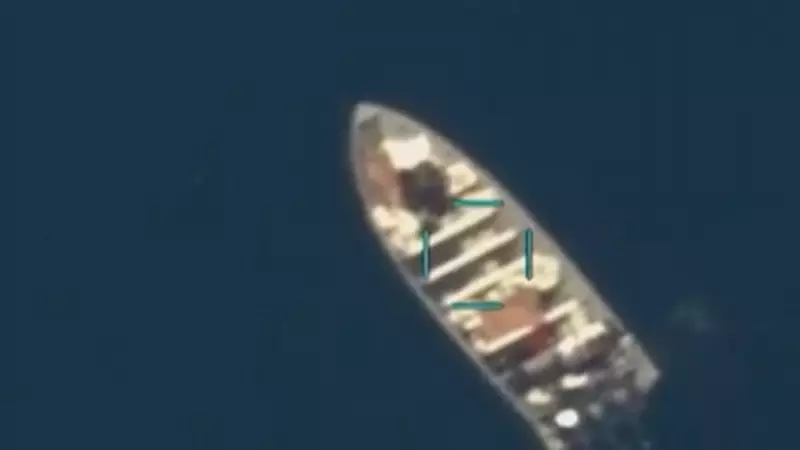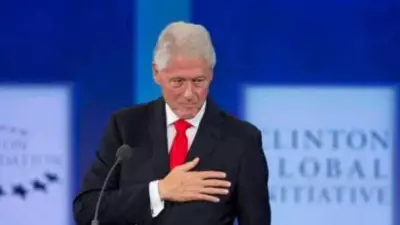
In a significant escalation of maritime anti-narcotics operations, US Coast Guard forces have conducted another lethal engagement against an alleged drug-smuggling vessel in the vast expanse of the Pacific Ocean. The latest confrontation has resulted in four fatalities, bringing the total death toll from such operations to 61 individuals.
Intensified Pacific Operations
The recent incident marks the continuation of Washington's hardened stance against narcotics trafficking through Pacific maritime routes. According to official reports, US authorities identified and intercepted a vessel suspected of transporting illegal substances across international waters.
This operation follows a pattern of increasingly assertive measures by American forces to disrupt drug smuggling networks that utilize the Pacific's challenging-to-monitor waterways. The vastness of these oceanic routes has long presented challenges for law enforcement agencies worldwide.
Growing Casualty Figures
The four casualties from this latest engagement contribute to a mounting death toll that now stands at 61 individuals. This figure represents the cumulative result of multiple interdiction missions conducted by US maritime forces over recent operational periods.
Military officials have defended these operations as necessary components of broader counter-narcotics efforts, emphasizing the threat posed by drug trafficking organizations to regional stability and public health.
Strategic Implications
Analysts note that the increased frequency and lethality of these engagements signal a strategic shift in how the United States approaches narcotics interdiction in international waters. The Pacific routes have become focal points in global efforts to stem the flow of illegal substances.
These operations typically involve sophisticated surveillance and intelligence-gathering capabilities, enabling US forces to identify and intercept suspect vessels often hundreds of miles from shore.
The rising casualty numbers have sparked discussions among international law experts about the protocols governing such high-seas interventions and the appropriate use of force against suspected drug traffickers.





